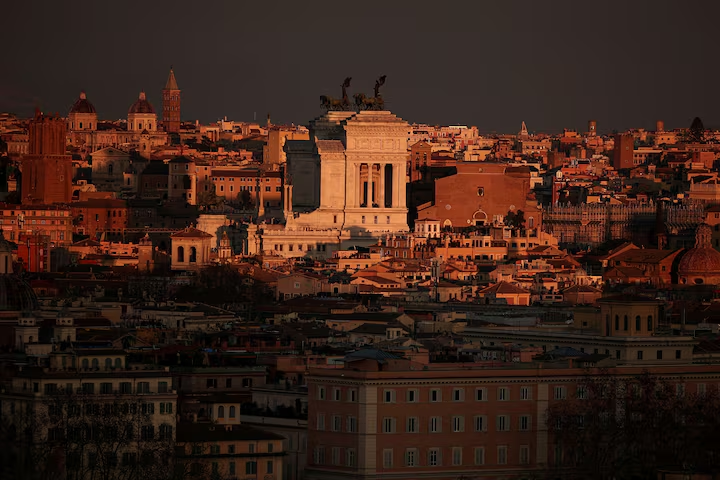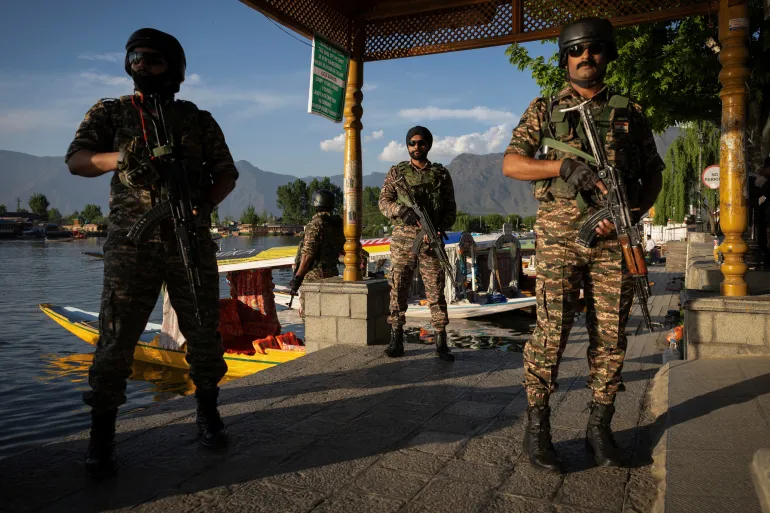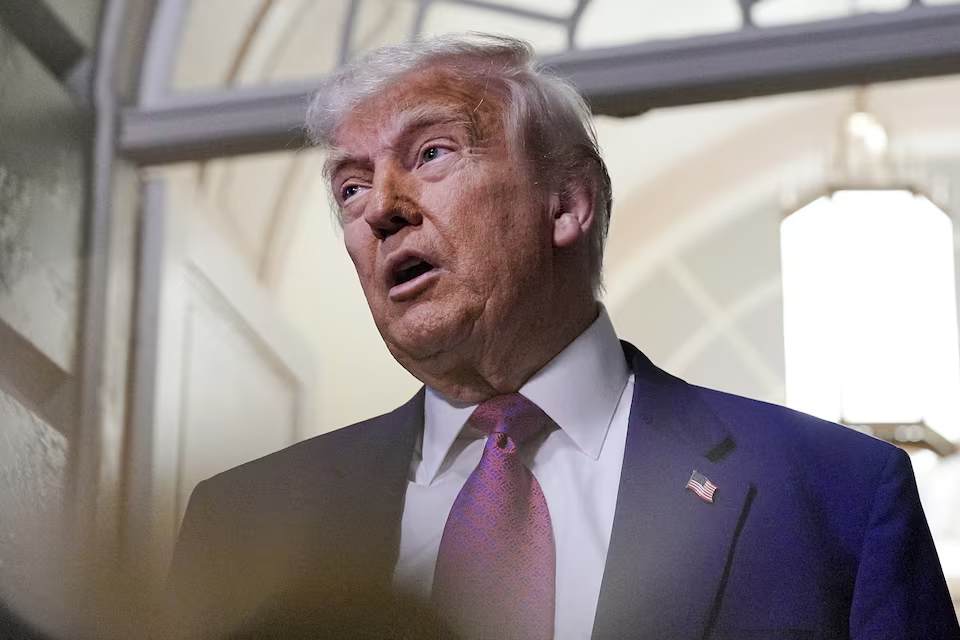The Italian government announced a sweeping new security decree on Tuesday aimed at tightening controls over protests, squatting, and cannabis use, triggering criticism from opposition parties and civil liberties groups. The legislation, unveiled by Interior Minister Matteo Piantedosi, forms part of Prime Minister Giorgia Meloni’s broader law-and-order agenda and reflects her far-right coalition’s pledge to clamp down on what it sees as growing social disorder.
Under the proposed measures, stricter penalties will be imposed on unauthorized demonstrations that cause disruption to public order or infrastructure. Protesters who block roads, railways, or ports could now face up to two years in prison. The government cited recent climate demonstrations and labor protests that have disrupted major cities as justification for the changes.
“Freedom of expression must be exercised within the limits of the law,” said Piantedosi during a press conference. “These measures are necessary to defend citizens’ rights to safety and mobility.”
The decree also targets squatting, a long-standing issue in Italy’s urban centers. Individuals who occupy private or public buildings without authorization could face up to four years in prison under the new rules, doubling the previous maximum penalty. The government argues that this will deter illegal occupations and restore legal housing standards, particularly in cities like Rome and Milan where squatting has been widespread.
Another controversial provision in the decree involves the expansion of penalties for cannabis use and possession. While recreational cannabis remains illegal in Italy, the new law will treat minor cannabis offenses more severely, allowing police to impose fines and temporary confiscation of driving licenses even for small quantities intended for personal use. Critics say this reverses progress made by regional governments and advocates who had pushed for decriminalization.
In response to the announcement, opposition lawmakers condemned the decree as a politically motivated attempt to stifle dissent and criminalize poverty. Elly Schlein, leader of the center-left Democratic Party, accused the Meloni government of using fear as a political tool. “This is not about security; it’s about suppressing civil society and weakening democratic freedoms,” she said.
Human rights organizations echoed those concerns. Amnesty International’s Italian chapter warned that the clampdown on protests may violate international standards on freedom of assembly. “Punishing non-violent demonstrators with prison time sends a chilling message,” the group stated.
Supporters of the decree, including members of the ruling Brothers of Italy party and its allies in the League and Forza Italia, argue that the measures reflect public demand for order and accountability. Polls indicate growing public frustration over traffic disruptions, squatting-related crime, and perceived leniency toward drug offenses.
Prime Minister Meloni has made restoring security a central part of her platform since taking office in 2022. Her administration has already passed laws targeting migrant arrivals, expanded police powers, and restricted public benefits for undocumented residents. The latest decree further consolidates her government’s reputation for hardline domestic policy.
The decree is set to be fast-tracked through parliament in the coming weeks, with the government holding a comfortable majority. However, legal experts warn that some provisions may face constitutional challenges or opposition in Italy’s higher courts, especially those relating to protest rights.
The implementation of the new rules could begin as early as this summer, pending formal parliamentary approval. As debate intensifies, Italy’s political landscape remains sharply divided over the balance between security and civil liberty. The outcome will likely shape the tone of governance for the remainder of Meloni’s term.
Source; Reuters



